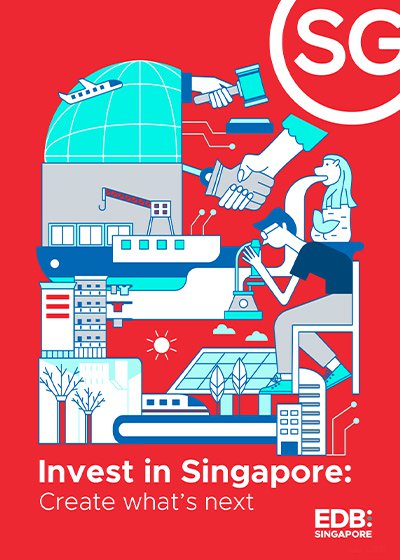The electronics industry will continue to focus on R&D and strengthening talent, while reducing the sector’s carbon footprint.
The ITM 2025 for precision engineering looks to digitalise manufacturing, upskill and reskill workers in growth sectors and boost revenues for precision engineering firms within the S$10 million to S$500 million revenue range.
The energy and chemicals ITM 2025 plans to shift towards high-value and specialty chemicals, improve the industry’s carbon footprint and capture green growth opportunities. It aims to establish 20 R&D and innovation centres and employ 200 incremental research scientists and engineers from 2021 to 2030, with an increase of S$173 million in business expenditure on R&D from 2018 to 2030.
In aerospace, ITM 2025 seeks to restore total employment to pre-pandemic levels. Partnerships will be built to strengthen Singapore’s maintenance, repair and overhaul capabilities, and provide support for small and medium-sized enterprises (SMEs).
Finally, in addition to attracting investments as well as reconfiguring jobs and warehouse operations, the refreshed logistics ITM will focus on digitalisation, particularly of SMEs, as agencies seek to enable 40 per cent of small and micro firms to adopt at least one digital solution by 2025.
The DPM noted that a seven-party Memorandum of Understanding – consisting of industry players, institutes of higher learning, trade associations and government agencies – will be signed at ITAP to help local businesses improve on environmental sustainability, through the Green Compass assessment and road-mapping tool.
He also announced the launch of the Manufacturing Employer Handbook, which will provide companies with human resource practices, tools and templates. This will help businesses, particularly the SMEs, develop and adopt progressive human resource strategies.
Singapore Precision Engineering and Technology Association (Speta), one of the parties involved in the creation of the handbook, recently joined Enterprise Singapore’s Global Ready Talent Programme, with a target to create about 200 internship placements in 40 companies by end-March 2024.
DPM Heng also highlighted the SkillsFuture Queen Bee programme as an example of the importance of a collective approach to talent through partnerships with industry leaders. Collectively, SkillsFuture Queen Bee companies Bosch Rexroth, Omron, Siemens and HP Singapore expect to impact about 700 SMEs in the manufacturing industry over the next three years.
In addition to working on innovation, sustainability and people individually, “we need rallying points to re-envision and uplift manufacturing, in a way that not only encourages greater industry partnership, but also ownership and trust,” added DPM Heng.
Source: The Business Times © SPH Media Limited. Permission required for reproduction.






